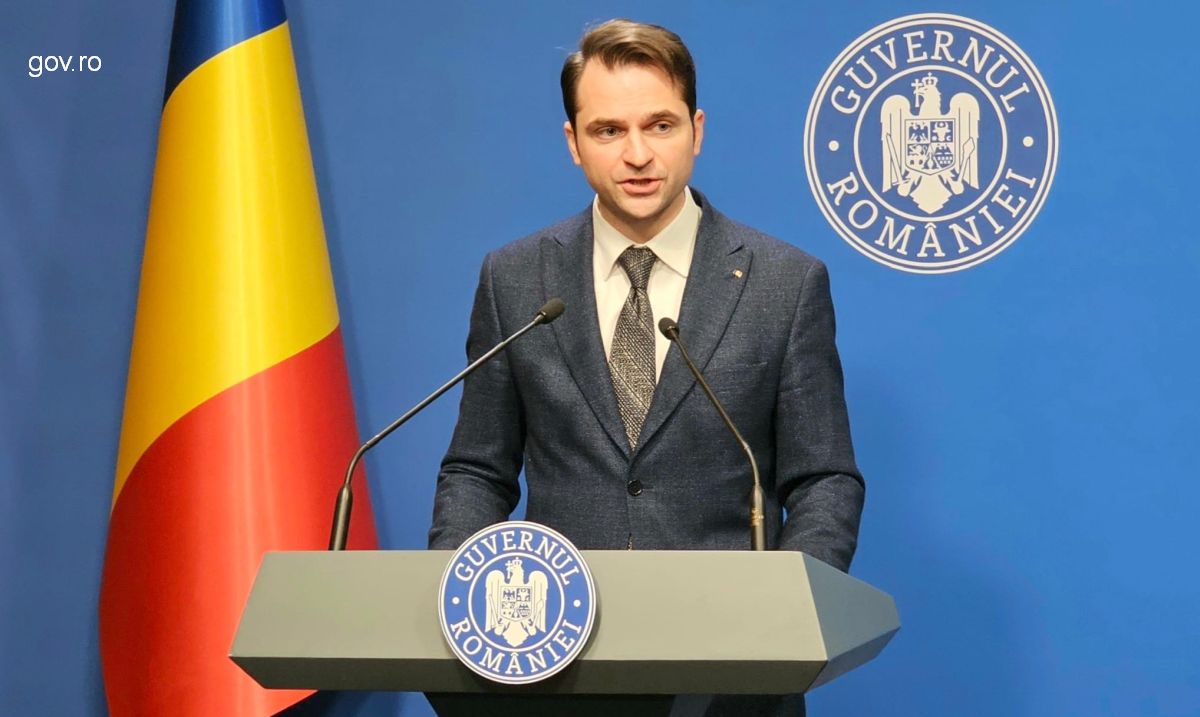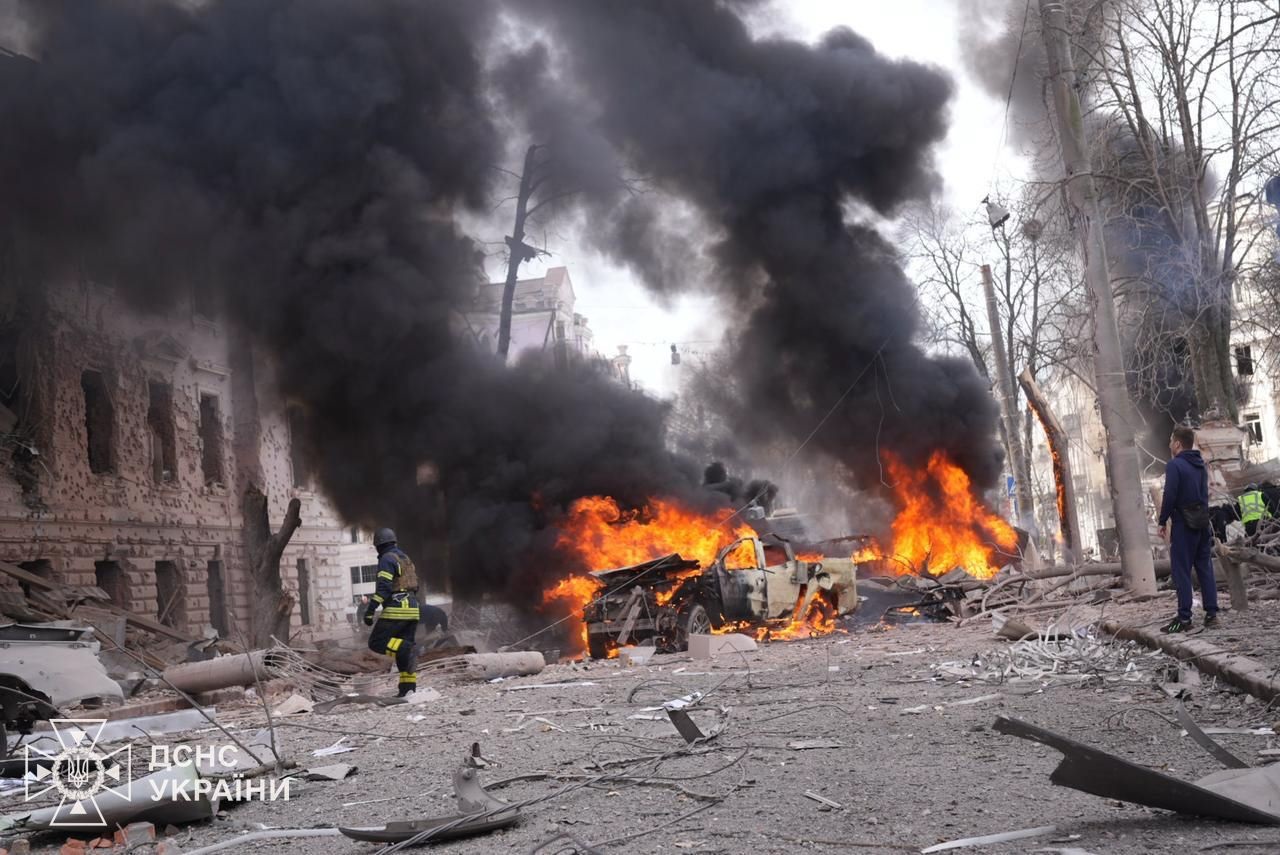The recovery of illegally obtained funds
Until not long ago, convictions, in particular in big corruption cases, did not seem to be enough to carry out justice. Now, the authorities want to do more, namely to recover in full the damages caused in these cases.

Florentin Căpitănescu, 21.10.2016, 13:01
In recent years, the National Anti-corruption Directorate, the
spearhead in the fight against corruption, the scourge that still eats away at
the foundations of the Romanian administration, has managed to recover, not
only in terms of image, the ground lost since the fall of communism.
Through its many indictments, many of which have ended with prison
sentences, the National Anti-corruption Directorate has created the certainty
that no one is above the law, regardless of popularity, position, political
affiliation or power of influence. We have also seen, however, that the
judicial system does not have enough powerful tools to recover the losses
caused by corruption, which for everyone, from legal experts to ordinary
citizens, is the true final act when it comes to carrying out justice.
This idea has been emphasized in an address given by Romania’s
technocratic prime minister Dacian Ciolos at the opening of the 6th
Pan-European Conference of Asset Recovery Offices organized by the European
Commission in Bucharest in cooperation with the Romanian justice ministry. The
act of justice is incomplete unless the illegally obtained assets are
recovered, said Ciolos. He also gave assurances that the National Agency for
the Management of Frozen Assets would become functional by the end of the year.
This is what the prime minister said about the money that needs to be recovered
and its future destination:
Dacian Ciolos: We are talking about over half a billion euros,
whether in money or assets, which must be returned to the state budget. We have
decided that the funds, the resources we recover through this agency should go
to education, healthcare and social projects.
Justice minister Raluca Pruna, who also attended the Pan-European
Conference of Asset Recovery Offices, said Romania’s legal system is mature,
stable and independent at this point and recalled that the acquittal rate in
criminal cases is below 10%, way below the European average. Raluca Pruna also
spoke about other aspects of the country’s legal system.
Raluca Pruna: The news that a senior official, a minister or a
parliamentarian is indicted and convicted is no longer a surprise for public
opinion in Romania. Cases related to organised crime, tax evasion and money
laundering end not only in convictions, but also in the confiscation of
considerable amounts in damages.
Recovering these losses is the next step, given that, as prime
minister Dacian Ciolos put it, we cannot tolerate lucrative crookedness as a
way of doing things and a way of living in Romania.






























